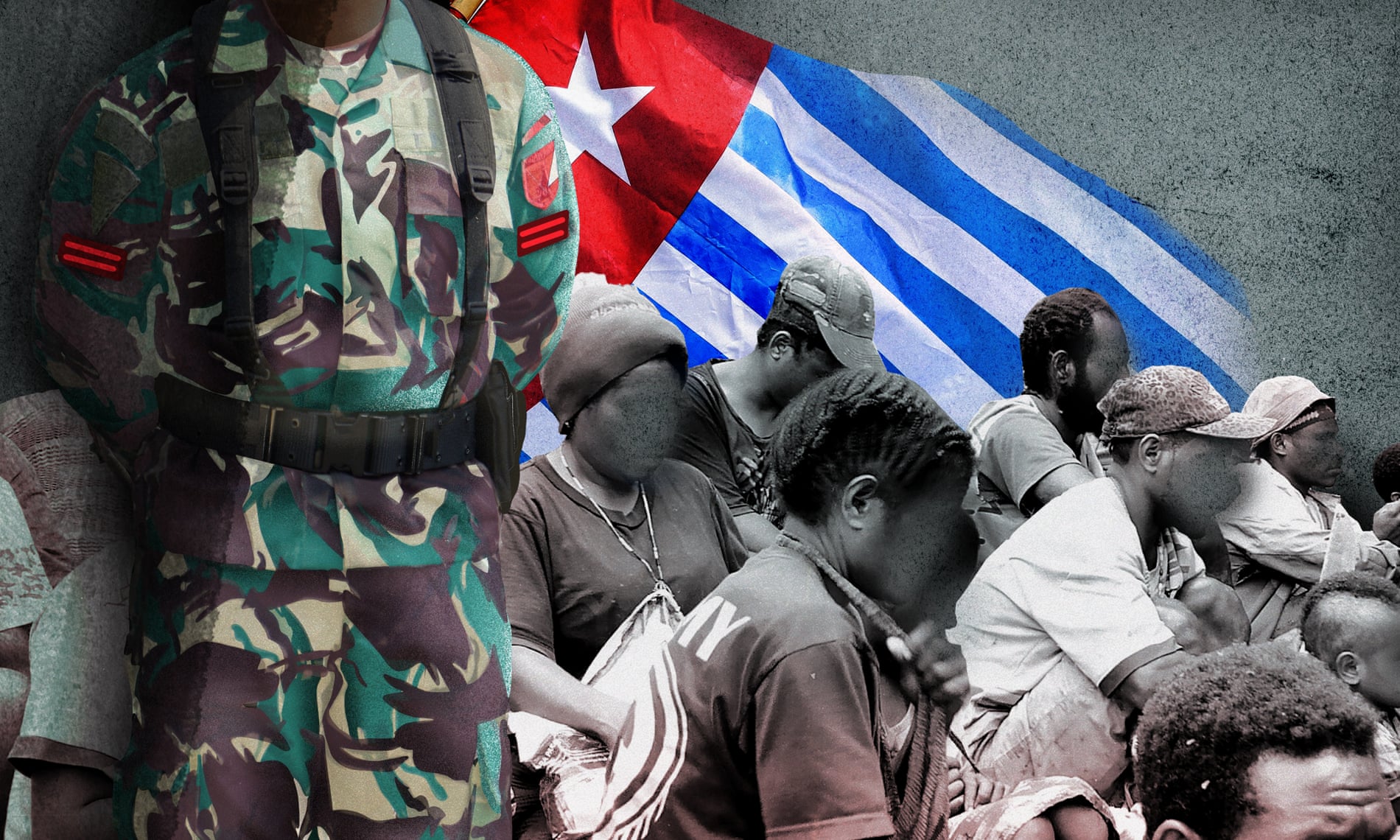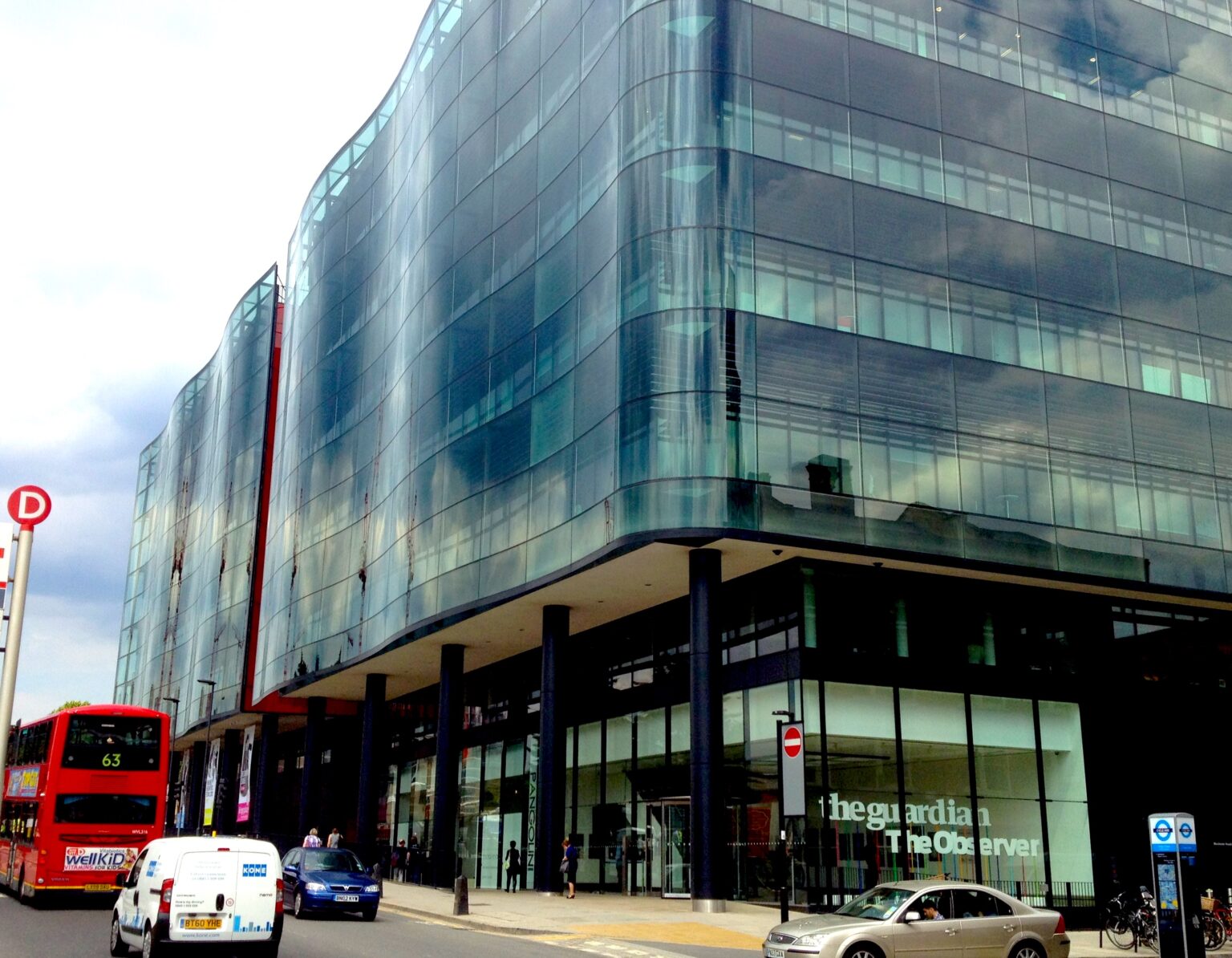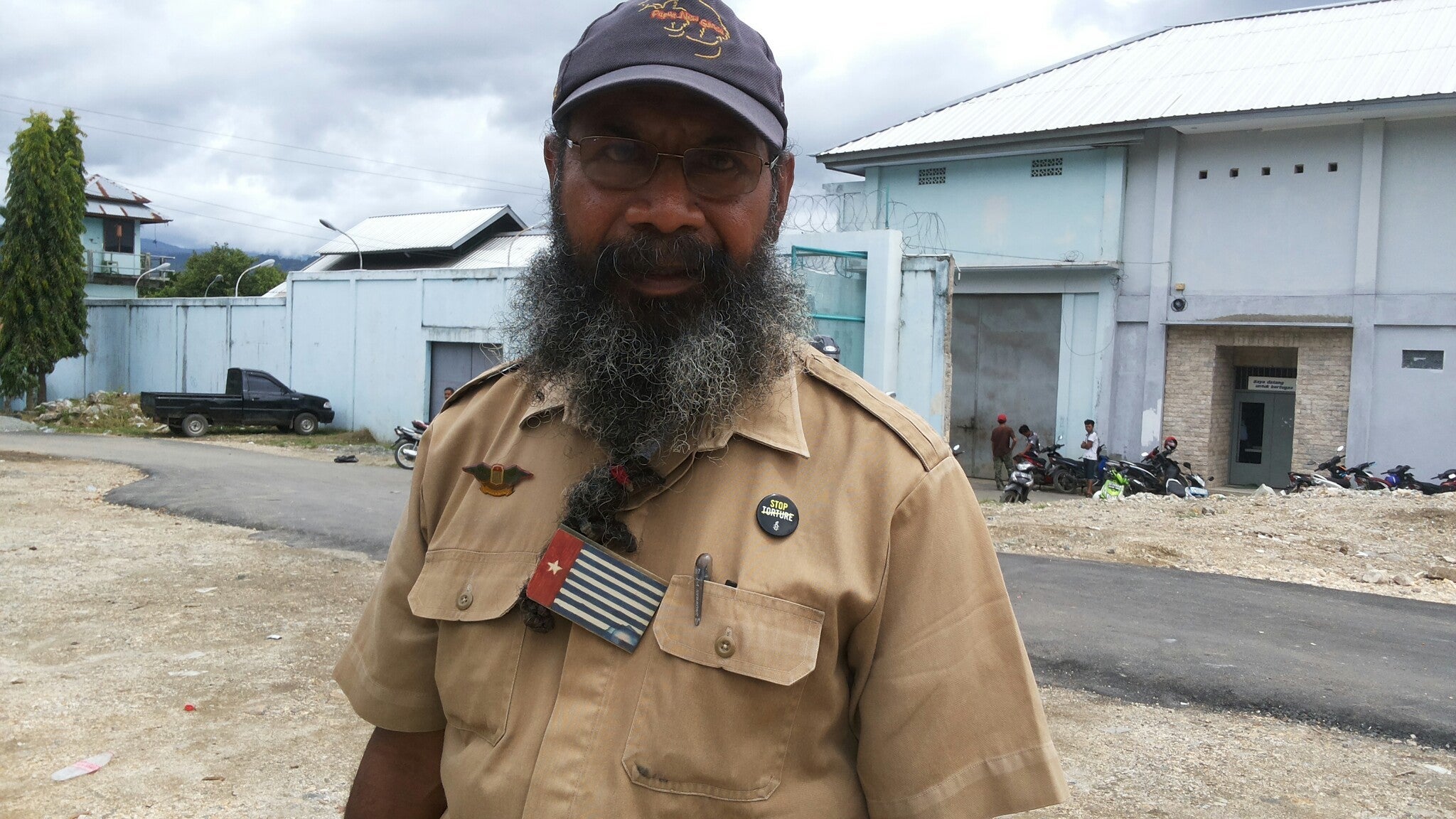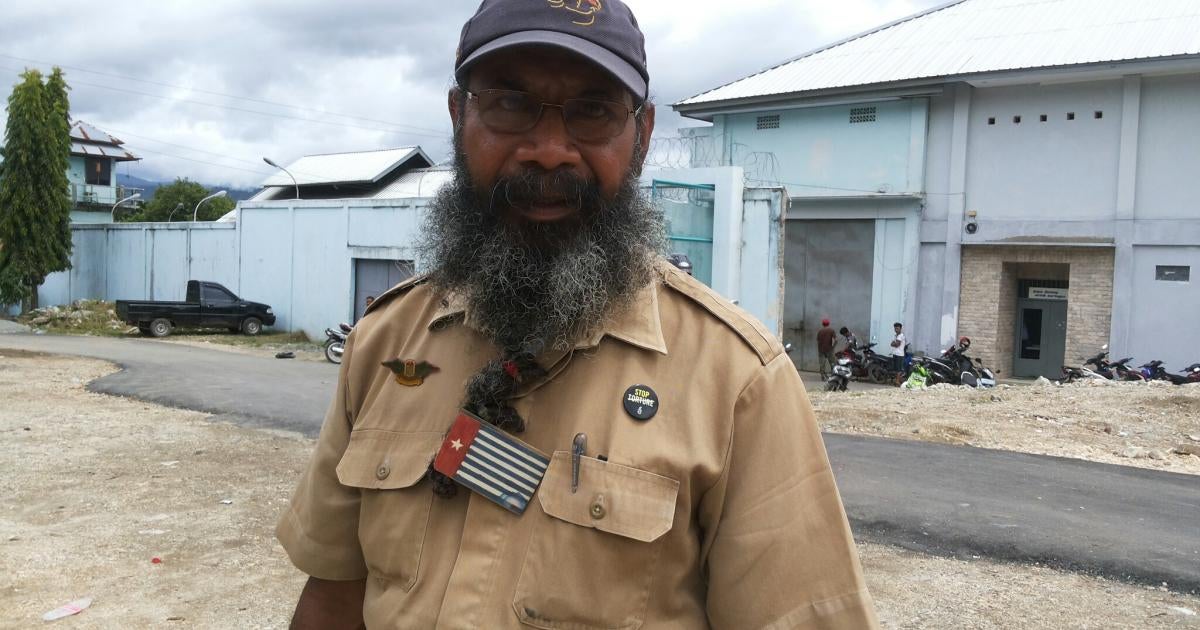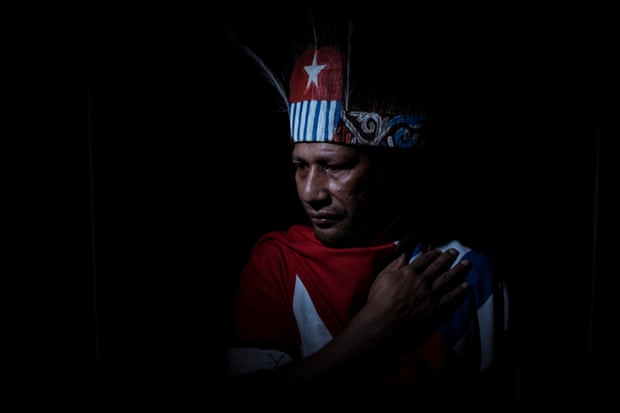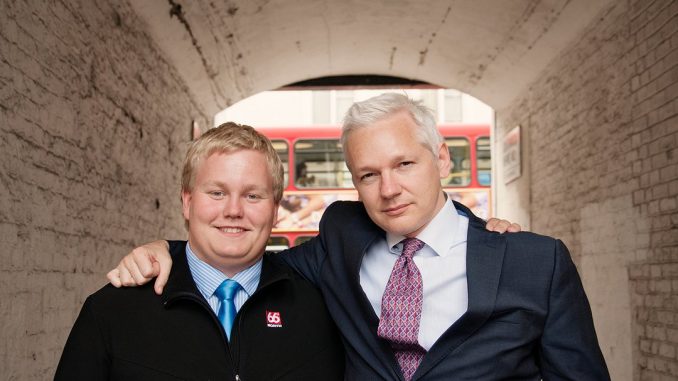We have seen Assange’s plight in a UK prison, but extraditing him this week would be a disaster for us all
The Guardian
It is vital not to forget about the man – and the repercussions for press freedom if the high court says he can be sent to the US. (...)
(Text continues underneath the photo.)
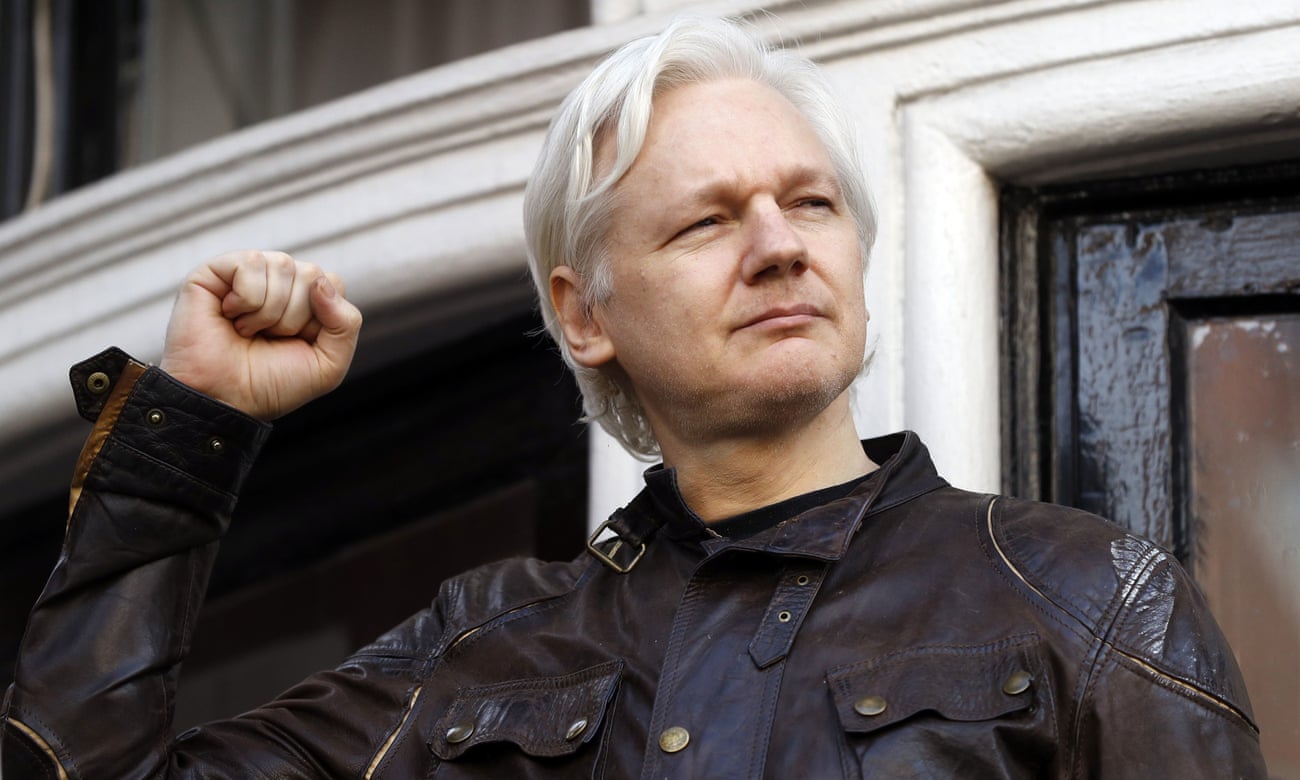
Julian Assange greets supporters outside the Ecuadorian embassy in London on 19 May 2017. Photograph: Frank Augstein/AP.
RSF defends Assange because of his contributions to journalism: WikiLeaks’ publication of more than 250,000 leaked classified US military and diplomatic documents in 2010 informed extensive public interest reporting around the world. These stories revealed war crimes and human rights violations that have never been prosecuted; only the publisher has been pursued in the US, on 17 counts under the Espionage Act and one count under the Computer Fraud and Abuse Act, in connection with the publication of the leaked documents.
If extradited to the US, Assange faces a staggering possible prison sentence of 175 years. He would be the first publisher prosecuted under the Espionage Act, which lacks a public interest defence and is in dire need of reform. This would set a dangerous precedent for journalists and media organisations that publish stories based on leaked information, and have a chilling effect on public interest reporting. (...)
Of course, Assange should not be in prison anywhere – not in the UK, nor the US, nor Australia, as was suggested to the UK court by the US authorities. No one, anywhere, should be targeted for publishing information in the public interest. Assange should be immediately released – perhaps through a political solution if not the courts, given the political nature of the case against him. (...)
It remains to be seen whether the British judiciary will deliver some form of justice at this late stage by preventing extradition, or whether the UK will become the country that enables a historically damning blow to press freedom, and the right of all of us to know.
> See also: Don’t Extradite Assange
Tags: #assange #julian_assange #press #media #news #journalism #press_freedom #freedom_of_the_press #extradition #wiki_leaks #war_crimes #human_rights #FreeAssange #JournalistsSpeakUpForAssange
